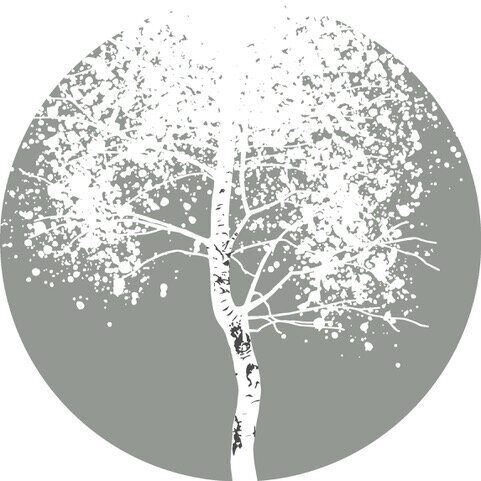The menopause year - how to have a smoother transition.
/Let me begin this post with a quote from the fabulous sitcom Fleabag. The quote was used at the end of Lara Briden’s Hormone Repair Manual which I can’t recommend highly enough. 58 year old Belinda played by Kristin Scott Thomas tells Fleabag this:
“The menopause comes, the f***ing menopause comes, and it is the most wonderful f***ing thing in the world. and yes, your entire pelvic floor crumbles and you get f***ing hot and no one cares, but then your free, no longer a slave, no longer a machine with parts, you’re just a person, in business… It is horrendous, but then it’s magnificent. Something to look forward to.”
When I was in the early stages of peri-menopause, a friend asked me how I felt about menopause. I said that I couldn’t wait for my periods to stop and to experience the liberation I had heard about.
Overall, my journey hasn’t been too bad. I’ve coped by changing my diet, taking supplements, pracitcing mindfulness and Yoga and adjusting my lifestyle. Right now though, I’m in the worst phase of menopause yet; most likely the year of menopause itself. I’m suffering from forgetfulness (a slight improvement on brain fog), erratic sleep, low mood, but it’s the hot flushes and night sweats that are most debilitating. I have days when I find it very challenging being me!
The point is that menopause sucks a lot of the time but there is a light at the end of the tunnel. Every cell in your body is changing and your brain is recalibrating so we need to adjust our lifestyle and show true compassion along the way. In fact the whole of society needs to give women a break and show compassion! We are all different, that’s what makes us so magnificent! Every, single, one of us will have a unique experience. Having said that, there is some common ground.
Here are the top 3 issues it might help to address in your menopausal year or better still, beforehand:
1) Stress - It’s common to find your tolerance to stress is lower. The solution to relieving stress comes in three stages:
Metabolise stress hormones. I read over and over again that strength training is essential at this stage of life. Not only does using your muscles metabolise (use up) cortisol but it helps prevent osteoporosis and improves your metabolism which is getting sluggish at this time of life. Strength training makes you feel good both physically and mentally and I can tell you this from my own experience. You can of course use your own body weight with poses like plank, lunges, chair and warrior 2.
Soothe your nervous system. The best way to do this is through the breath. Belly breathing and elongating the exhalation at regular intervals. Gentle, slow movements that ease tension in the body are also helpful.
Address your mind state. If possible, slow the pace of your life and learn to recognise the attitudes that cause stress such as being impatient, striving, judging yourself, seeking approval from others, being self critical etc… The best way to do this is to develop mindfulness.
2) Improve sleep. I obviously can’t speak from experience about this because I feel like I have done everything possible and yet not slept soundly for decades. But as I said before, we’re all different. I’m going to dig deep in another post but for now please understand that this is about sticking to a healthy sleep/wake cycle; ideally go to bed around 10 p.m and get up around 6 a.m and look out for my next blog!
3) Insulin resistance. Insulin resistance is so common amongst menopausal women that 1 in 2 of us will be pre-diabetic and possibly go on to develop type 2 diabetes. A ketogenic diet is key to reversing insulin resistance and maintaining a healthy metabolism. Avoid sugar at all costs and that includes alcohol. If you can’t go without a drink, stick to gin and reduce your weekly intake to no more than 5 units. Reduce your intake of carbohydrates. For more information on a ketone diet, I refer you to Tanya Borowski’s post here.
There is much we can do naturally before taking HRT which doesn’t suit everyone. But please don’t suffer in silence. If you are struggling with your symptoms, ask to see a menopause trained GP. Read books, there are some fabulous ones out there. My symptoms have changed on a regular basis so my advice is to pay attention and make small adjustments as and when you need to.
Remember, we are all unique. Our experience of menopause will be unique. We can offer support, we can share our experience but we cannot and should not tell another woman what they should or should not do! If I can support you in any way, please get in touch.

